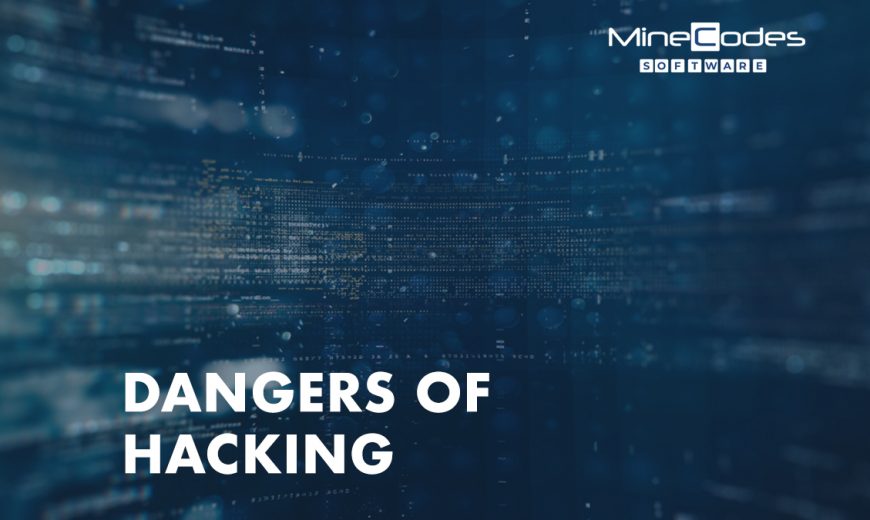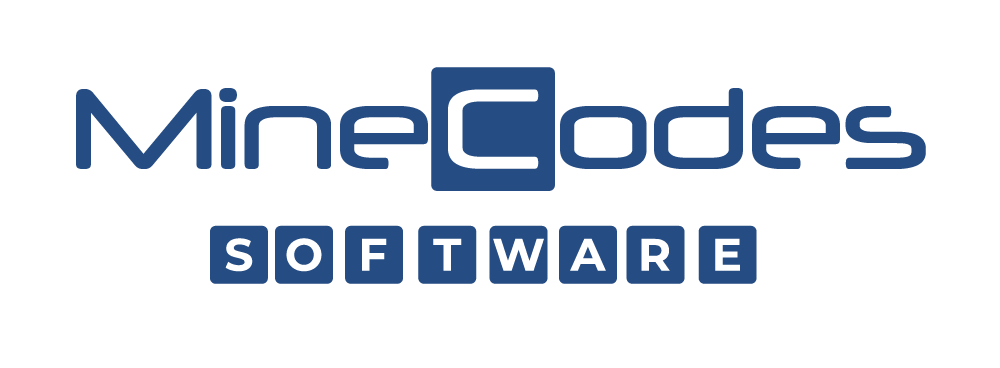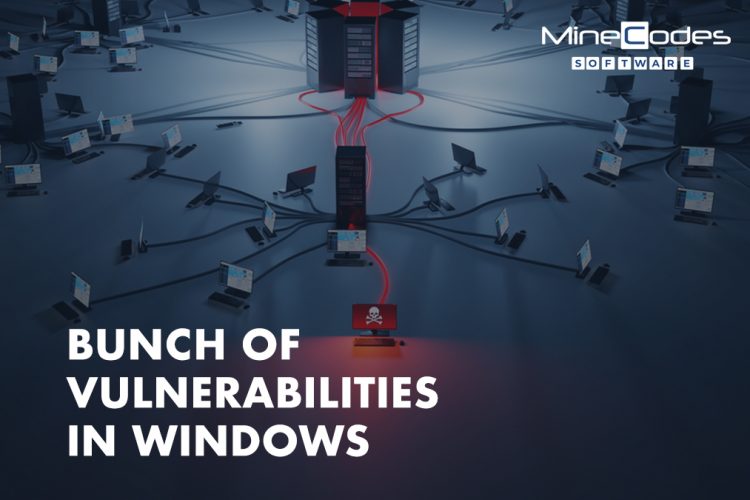
How Hackers Work and How to Avoid Being Hacked?
Computer risks are created by people, not computers. For their own advantage, computer predators prey on others. When a predator has access to the Internet — and your computer — the threat to your security grows enormously. Computer hackers are unauthorized users who gain access to computers in order to steal, alter, or delete data, frequently by installing malicious software without your knowledge or agreement. Their devious strategies and in-depth technological understanding enable them to gain access to information you don’t want them to have.
How will hackers be able to locate me?
Anyone who uses a computer that is linked to the Internet is at risk from computer hackers and online predators. To distribute hazardous malware to your computer and damage your computer security, these online criminals generally utilize phishing schemes, spam email or instant messaging, and phoney websites.
If you are not secured by a firewall, computer hackers may try to get direct access to your computer and personal information. They have the ability to listen in on your discussions or look at the backend of your own website. Predators might entice you into disclosing critical personal and financial information, or worse, by using a false identity.
What kind of harm may a hacker inflict on me?
While your computer is linked to the Internet, spyware installed by a hacker silently communicates your personal and financial information without your awareness or agreement. Alternatively, a computer predator might prey on the personal information you accidentally divulged. They will be able to do the following in either case:
- Your usernames and passwords have been stolen.
- Steal your money and use your name to obtain credit cards and bank accounts.
- Your credit will be ruined.
- Make a new account request Additional credit cards or personal identification numbers (PINs).
- Purchases are made.
- To make it simpler to use your credit, add oneself or an alias that they control as an authorised user.
- Take out a cash advance.
- Your Social Security number can be used and abused.
- Sell your personal information to third parties for nefarious or unlawful purposes.
Predators who track someone while they’re online can be dangerous. When consenting to meet an internet “friend” or acquaintance in person, exercising utmost care is always the safest way to be safe.
I’m not sure how I’ll know if I’ve been hacked.
Check your personal accounts, credit cards, and documentation for correctness. Are there any transactions that aren’t explained? Unauthorized or dubious changes? If that’s the case, there’s a good chance that predators or hackers have already installed deadly software.
What can I do to protect myself against online predators and hackers?
You become more knowledgeable about computer security dangers and less exposed to threat methods when you empower yourself with information and resources. Hackers and predators are both dangerous, yet they represent quite distinct hazards.
When you’re online, keep yourself safe.
- Check the correctness of personal accounts on a regular basis and deal with any anomalies as soon as possible.
- Entering chat groups or establishing personal Web sites should be done with utmost caution.
- Personal information should be kept to a minimum on personal Web pages.
- Keep an eye out for predatory conduct from online “friends” or acquaintances.
- Personal and financial information should not be discussed online.
- When consenting to meet an internet “friend” or acquaintance in person, proceed with care.
Preventing Hacking: Security Tips
- Make use of a two-way firewall.
- Regularly update your operating system.
- Increase the security settings of your browser.
- Sites with a bad reputation should be avoided.
- Only download software from reputable sources. Before downloading free software or file-sharing apps, give them a thorough examination.
Use secure email and virus/malware protection.
- Unknown senders should not be opened.
- Delete any texts you believe are spam right away.
- Make sure your computer is running the most up-to-date security software.
- Antivirus software should be used.
- Protect yourself with anti-spyware software.
#HackingDanger #CyberSecurity #Malwares #Antivirus #OnlineProtection
Article Credits –
webroot.com



